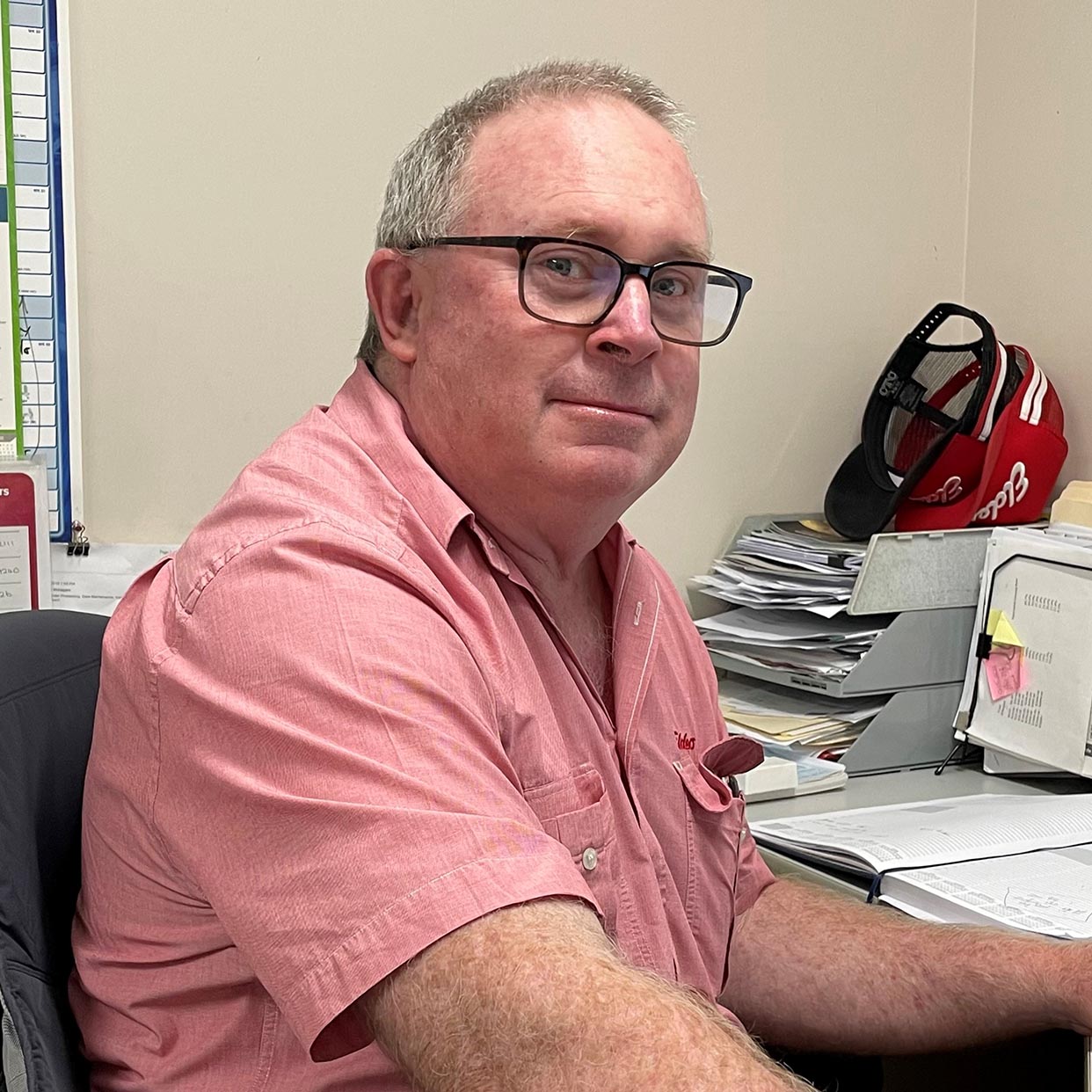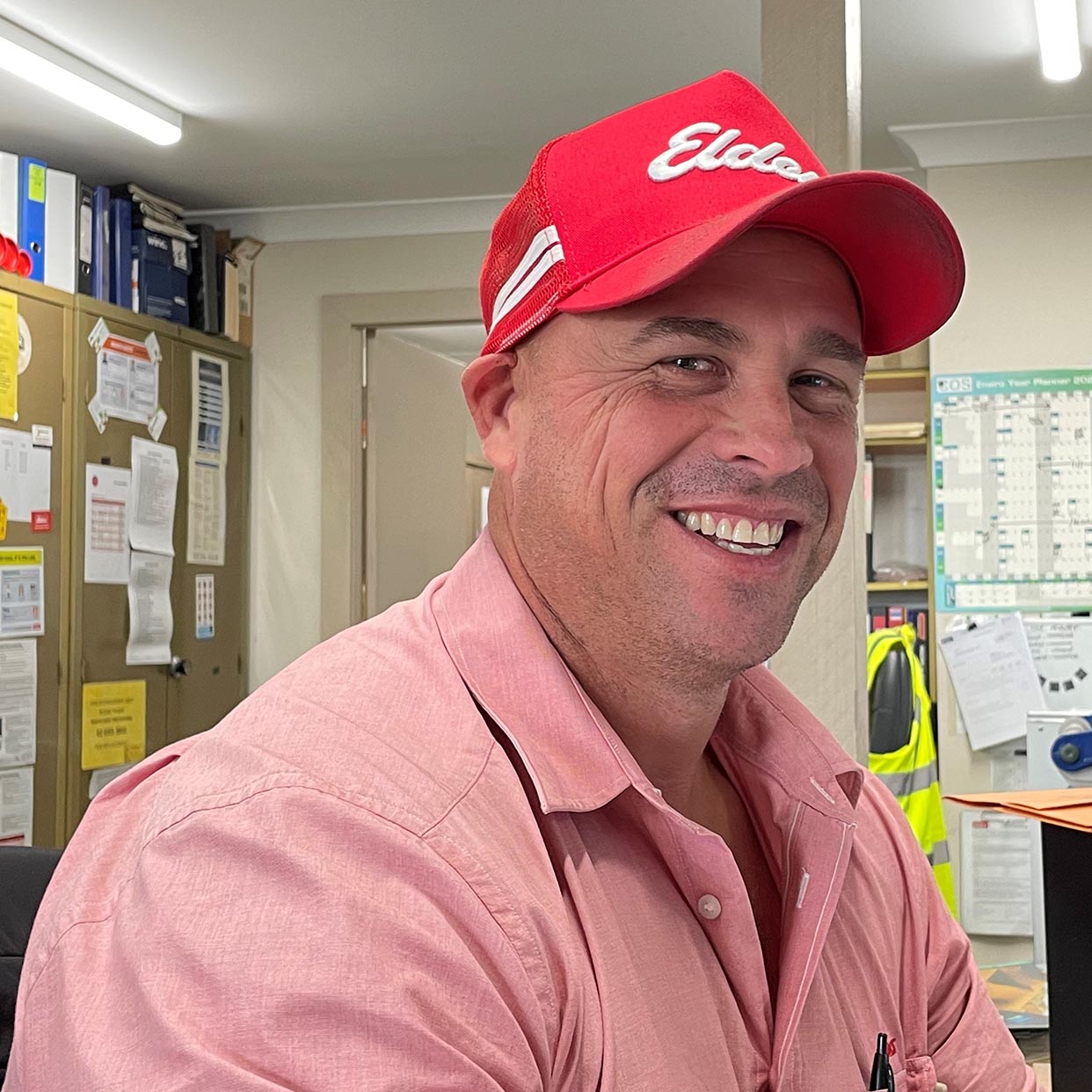We learnt a little more about the resilience of dairy farmers in Australia and the one thing that helps get many through the tough times – community.

Having grown up on a dairy farm and spending the last 30 years with Elders working with farmers on the mid north coast of NSW, Taree Branch Manager Scott Burley knows a bit about what can go wrong on a farm. High on his list is seeing out bushfires and floods within just a couple of years of each other, experiences that Scott describes as “once in a lifetime challenges”.
Scott has been involved in dairy farms for his whole life but says the 2019 bushfires and subsequent floods were some of the hardest times.
“It was one of the worst natural disasters in my lifetime, and harrowing time to be in farming,” said Scott.
“The sense of community really shows in those times. We had BlazeAid come to our area along with people from all over helping replace fences and assist cleaning up. It’s amazing what you can get done and what people will do to get back to normal.
“Community is so important, outside of the hard times too. One of the most important things to come out of dairy farming is what they put into the local community. They’ve been a big part of our community for a long time, employing local people and creating community spirit.”
“It’s part of that community spirit to help one another and it’s strong here.”
Scott says that he sees the relationship between local businesses like Elders, and farmers, as two-way.
“Farmers do a lot for us at Elders, they support us with their business and we support them in return with local and trusted advice they need,”
“Without them we fail, and without us they do it tougher. Sometimes that’s just someone to bounce ideas off and have input in farm management and be a sounding board. They look to us for that support.”

Reflecting on his own career in dairy farming, Scott says that the nature of labour has changed, and the ability to make decisions on data has allowed farmers to be more efficient with their time.
“Our region is one of the largest dairy production areas in the country. The size of farms has changed a lot since I was growing up, and now it’s a totally different practice. We knew it [practices] worked then but now we have the data to show why it worked. We can measure what we are growing, work out how many cows we can run on a paddock, all the info is at your fingertips now. Everything is measurable,” he said.
“Tech is helping to manage the operation better, bringing you information so you can work on the business not just within it.”
Despite the advances in technology, Scott says that sustainable farms depend on local knowledge more than ever.
“My team have a fair bit of farming knowledge and have come off farms themselves. There’s a fair bit of difference from farm to farm even in the one region, so local knowledge is huge,”
“For us it’s about understanding the clients, becoming part of their business, and then working together to make what they want a reality. We are fortunate because the Elders network also has such a wealth of knowledge.”
The dairy industry is a quiet achiever; the third largest rural industry in Australia generating over $6 billion in farm gate value in 2022-23. Dairy farmers produce 8.8 billion litres of milk to Australian consumers and export markets. While Australian farmers have quietly built a leading brand in the worldwide market of dairy products, Scott says they’re not looking for accolades.
“It’s not about recognition, it’s about doing the quiet thing. A simple pat on the back is enough. You don’t need to be up in lights for people locally to recognise what you do.
“Elders in general is a bit like that; if we didn’t have good people doing good things quietly, we wouldn’t have a reputation keeping us here today.”
They might keep quiet about their successes, but we’ll raise our glass to them anyway.
Meet the team
Meet the team

